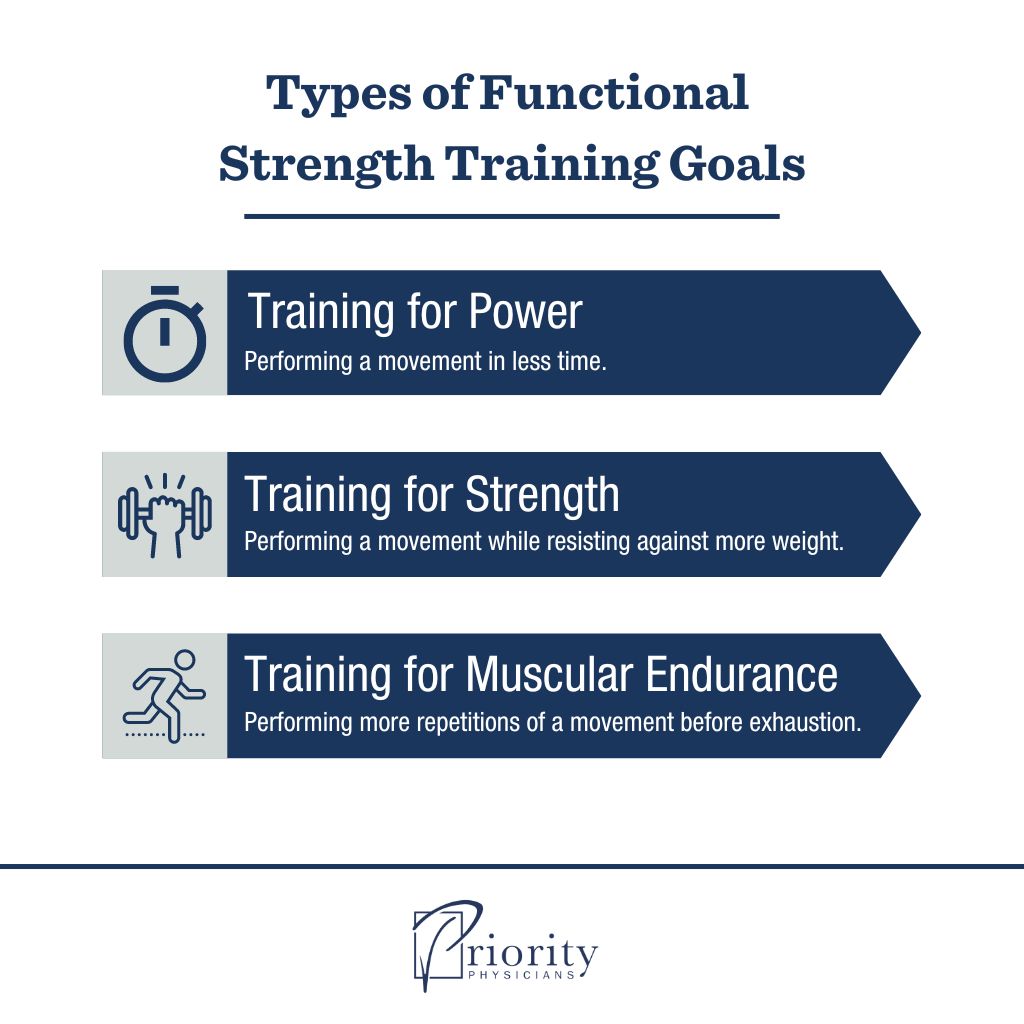Standing up from a chair. Lifting a laundry basket. Getting to the telephone before it stops ringing. When we imagine our lives at 80 years old, we probably don’t imagine these everyday tasks becoming impossible.
The world’s proportion of people 80 years and older is growing larger by the day, and with old age comes reduced physical capabilities. Even if you’re years away from retirement, let alone your eighth decade, these challenges might be approaching for your parents.
The hardest thing I deal with in my practice is helping my patients care for their aging parents. The roles are reversed. Suddenly, kids are parenting their parents, helping them make big decisions about their healthcare and lifestyle.
These conversations can bring big changes. Even if the risk of Mom and Dad driving is obvious to everyone else, taking away their car keys is a difficult choice. Moving them out of their family home and into a nursing home brings a loss of comfort — and a loss of independence.
We all want to minimize the pains of aging and be independent at 80. So, what do I recommend to my patients to avoid this loss of freedom?
The key to maintaining your independence later in life is building muscle mass now.
What Happens When We Age?
Significant changes with aging start after your 50th birthday. Some changes, like hearing and vision loss, might be out of your control, but your ability to move independently is one thing you can prolong with the right lifestyle choices.
Sarcopenia, or the involuntary loss of muscle mass and function that comes with old age, is often associated with reduced mobility. Muscle mass naturally fades over time; up to 50% of your muscle may be lost by the time you turn 80.
While your muscular strength plays a role in how much weight you can carry, your muscles are also responsible for coordinating your movement in less noticeable ways. Your core muscles, including your abdominal and back muscles, control your posture in a chair or while walking. Small muscles in your legs and your core control your balance.
Losing muscle can be seen visibly over time, but you might feel the impact of muscle loss even more.
What Are the Benefits of Maintaining Muscle Mass?
There are some obvious benefits to keeping your physical strength as you age. Very simply, maintaining muscle into old age translates to better balance and fewer falls. And if you do fall, that muscle can act as extra padding to soften the impact, so you’re less likely to break a bone.
But there are some less obvious benefits to maintaining muscle. Having more muscle mass has a biological advantage for your body’s systems. Muscle tissue plays a big role in regulating your blood sugar and energy balance.
As a result, increased muscle mass can improve your metabolism, which already slows with age. A higher metabolism can prevent other diseases like diabetes, saving you from further health complications down the line.
When Should You Start Building Muscle Mass to Be Independent at 80?
The best time to start gaining muscle is yesterday.
Most Americans are behind on building muscle mass. For some reason, our wellness culture has chosen cardio as the primary way of “working out.” While cardio is important and has its own benefits, boutique spin classes and running alone aren’t a whole-body approach to fitness. You need to engage your muscles with resistance.
How Do You Start?
When you think of strength training, you might automatically think of bodybuilders, whose goal is to grow larger muscles through a process called hypertrophy.
The thing is, you don’t need to look like Hulk Hogan to reap the benefits of strength training. There are several types of functional strength training goals, including:
- Training for power (performing a movement in less time)
- Training for strength (performing a movement while resisting against more weight)
- Training for muscular endurance (performing more repetitions of a movement before exhaustion)
All these training goals will increase your muscle mass without emphasizing an increase in a muscle’s physical size.
This distinction is especially important for women. I’ve had female patients tell me they don’t think they need to worry about muscle mass, which is untrue. Muscle mass is vitally important for both men and women, and gaining it doesn’t have to require “bulking up.”
If you want to be independent at 80, you just need to tone and use your muscles through an active lifestyle, and to start now.
Consistency is key for building any healthy habit, and building muscle is no different. Lifting weights for two months won’t result in enough muscle to sustain you for decades. It needs to become a consistent lifestyle choice if you want to maintain independence in old age.
Here’s some good news: Your journey to increasing muscle mass doesn’t need to start in the weight room. Going to the gym and lifting weights may be an obvious way to build muscle, but it’s not the only option. The best form of resistance training is the one that works for you, your goals, and your lifestyle, and one you can start today in order to be independent at 80.
It may be overlooked, but walking is a way to both figuratively and literally take a step in the right direction toward growing muscle. As you increase your step count, walking will build muscle in your legs. Then, start adding an incline on the treadmill, or walk up a hill for extra physical engagement. Walking is one of the easiest ways to start building muscle.
There are plenty of other affordable ways to get into the habit of building muscle mass. Calisthenics, or resistance training with your own body weight, doesn’t require extra time commuting to a gym to execute. These exercises are ones you’re probably already familiar with: lunges, push-ups, planks, etc.
Of course, increasing muscle mass is an individualized process based on a combination of exercise, diet, and other factors. Some subtle biological conditions, like hormone imbalances, can make muscle growth more difficult. If you aren’t seeing the improvement you think you should after consistent training, consider speaking to your doctor to learn about hormone solutions.
Final Thoughts
Increasing your muscle mass isn’t a cure-all for the world’s aging problems, but it is a solution for preventing some of aging’s most debilitating effects. What actions are you willing to take to invest in your future self’s freedom and ensure you’re independent at 80?

